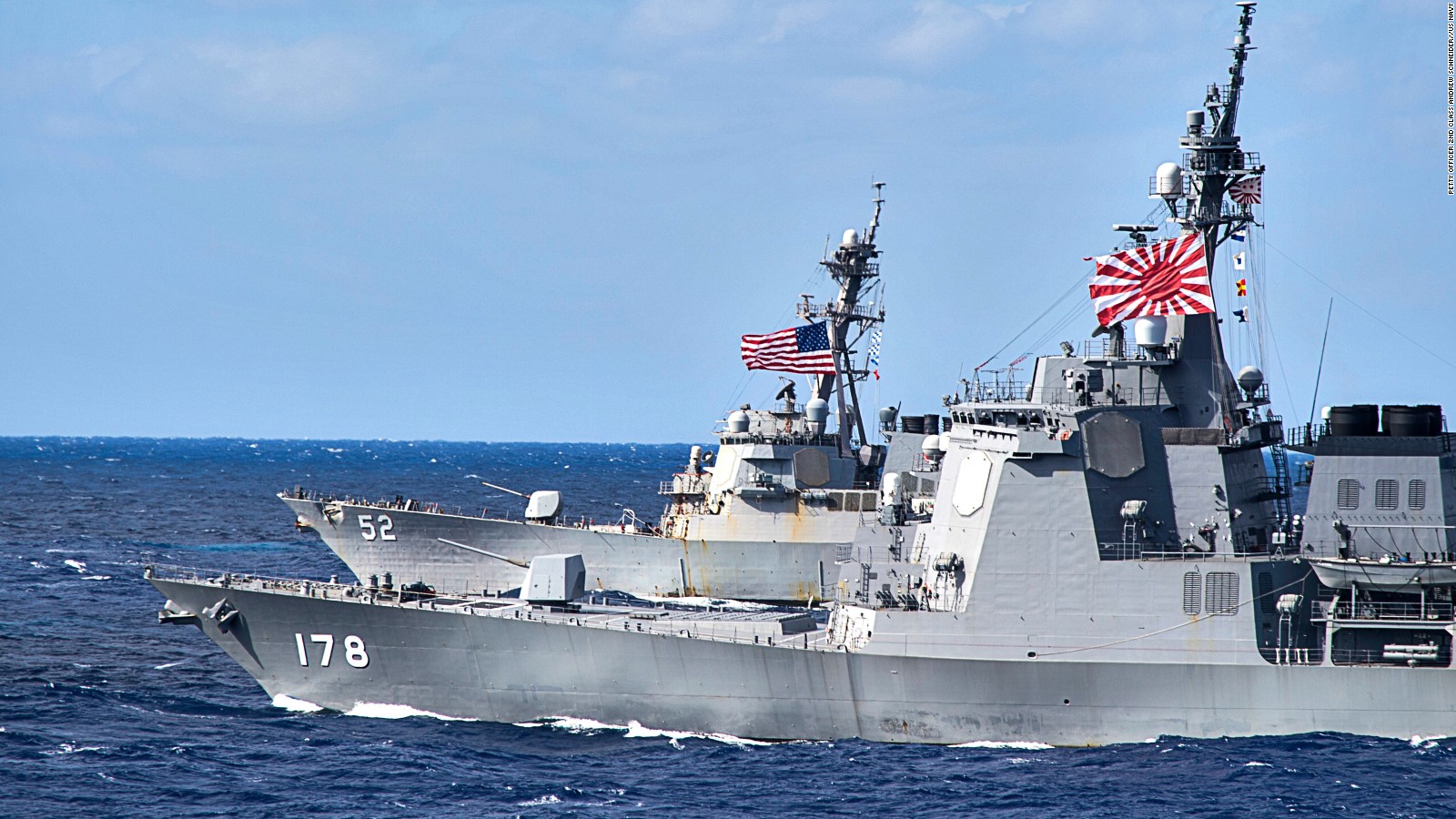
Giulio Pugliese, King’s College London, War Studies
Mar 29, 2018
The “Free and Open Indo-Pacific” strategy is aimed at deterring Chinese coercion by deepening alliances and strategic partnerships. To this end, Japan has enhanced military cooperation with partners such as the United States and India to balance against Beijing’s more assertive foreign and security policy under Xi Jinping.
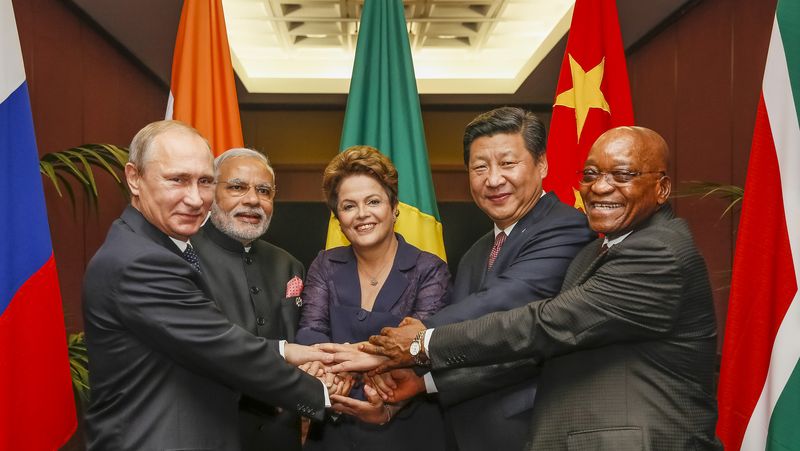
Yu Sui, Professor, China Center for Contemporary World Studies
Mar 23, 2018
China will continue developing peacefully amidst the clamor of the China threat.
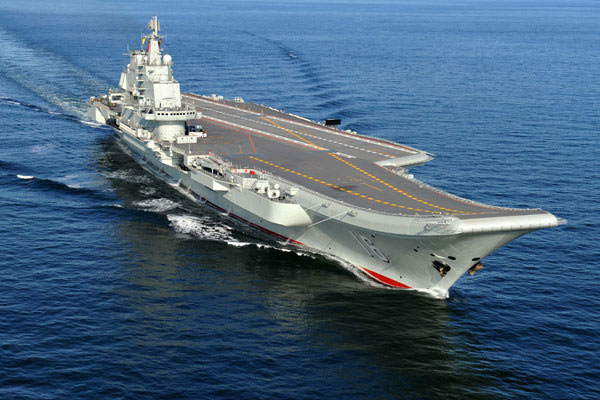
James H. Nolt, Adjunct Professor at New York University
Mar 21, 2018
Recently China announced an 8.1% rise in military spending for its 2018 budget. This is the largest increase in several years, but it represents continuity rather than signaling any ominous portent.
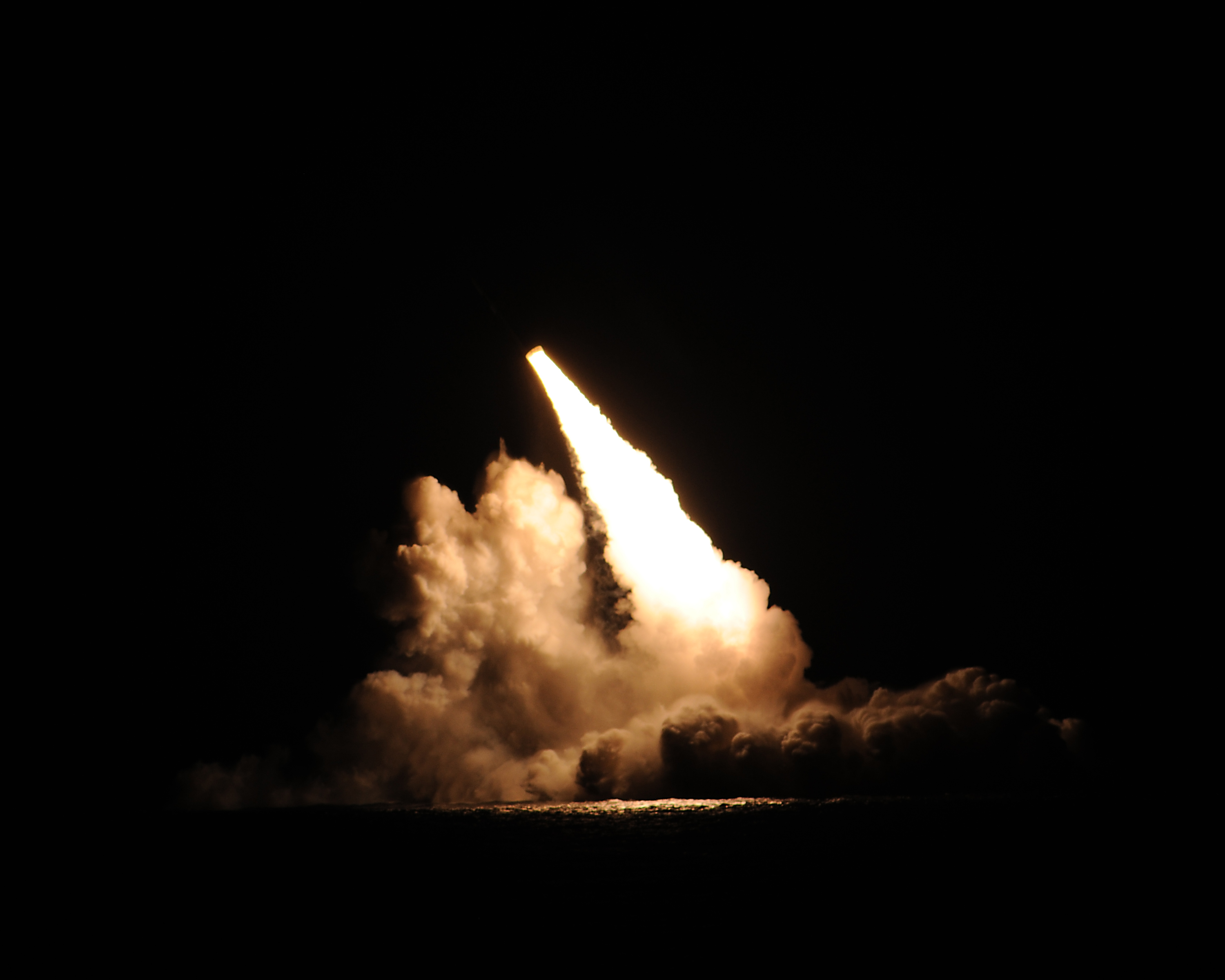
Richard Weitz, Senior Fellow, Hudson Institute
Mar 19, 2018
The Trump administration’s recently released national security, national defense, and nuclear strategies make clear that China and Russia have become the pacing threat for U.S. national security managers. However, the NPR likely errs in stating that Chinese officials are “increasing nuclear threats.” Unlike Moscow and Washington, Beijing has a declared no-first-use doctrine.
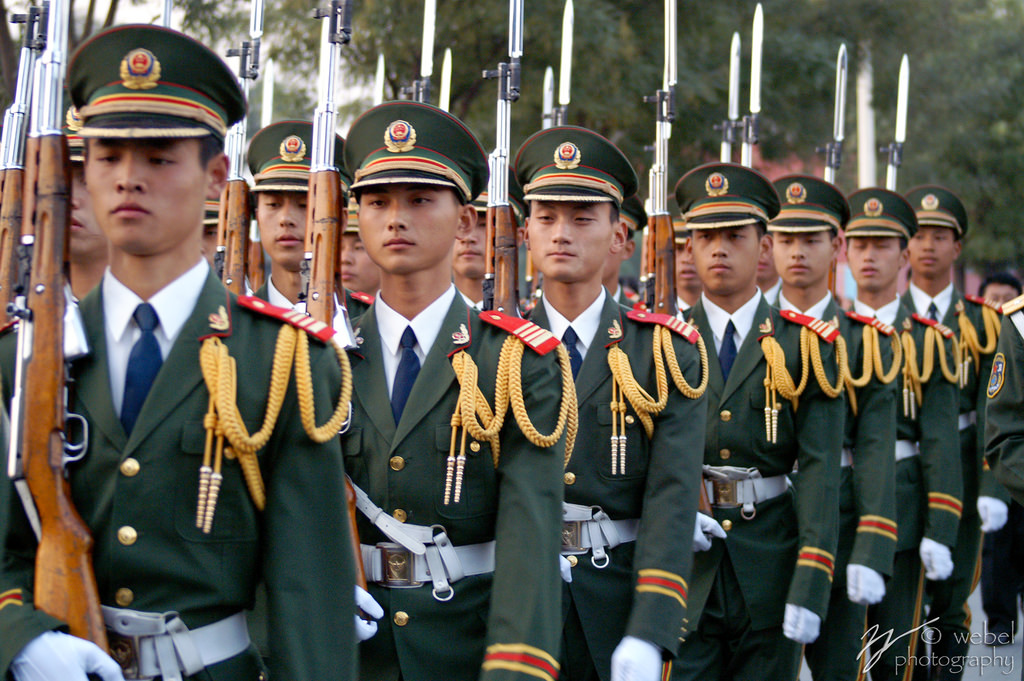
Li Ruogu, Vice President,China Foundation for Peace and Development
Mar 16, 2018
Fears of a “China threat” are unfounded.

Joseph S. Nye, Professor, Harvard University
Mar 09, 2018
Although Moore’s law about the doubling of computing power every two years means that cyber time moves quickly, human habits, norms, and state practices change more slowly.
Feb 13, 2018
Concerns over China's military modernization are made clear in the document.
Li Zheng, Assistant Research Processor, China Institutes of Contemporary International Relations
Jia Chunyang, Assistant Research Fellow, CICIR
Li Yan, Director of President's Office, China Institutes of Contemporary International Relations
Feb 13, 2018
The Trump administration’s aggressive nuclear posture will deal a blow to nuclear non-proliferation.
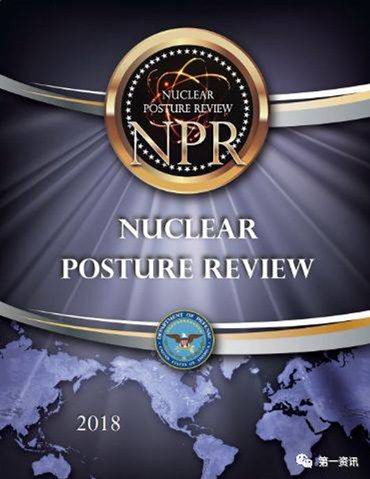
Ben Reynolds, Writer and Foreign Policy Analyst in New York
Feb 09, 2018
The 2018 U.S. Nuclear Posture Review makes a number of claims about growing Chinese military capabilities and the need for even greater investment in nuclear modernization to counter these supposed threats. Benjamin Reynolds analyzes the key points of this document that relate to China.
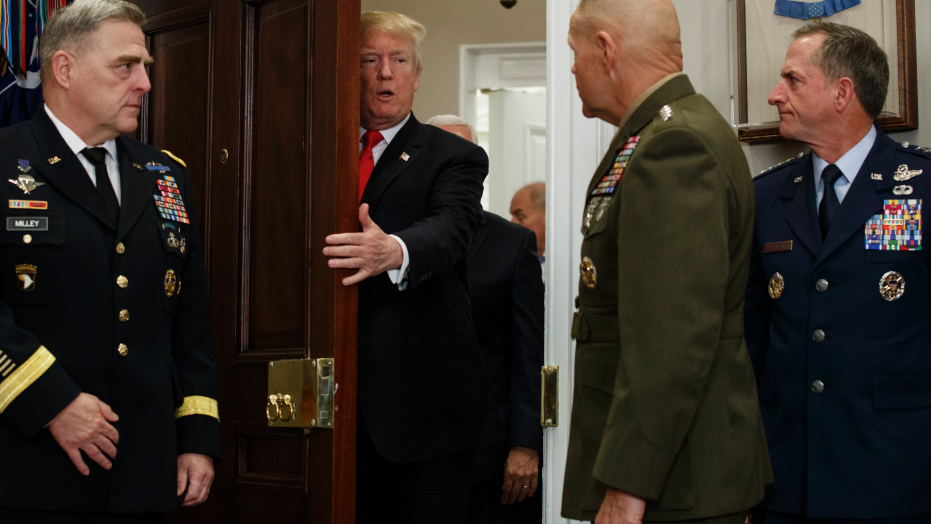
Fan Gaoyue, Guest Professor at Sichuan University, Former Chief Specialist at PLA Academy of Military Science
Feb 08, 2018
Labeling China and Russia revisionist powers is a declaration of a new Cold War.
Back to Top

- China-US Focus builds trust and understanding between the U.S. and China through open dialogue among thought leaders.
- Our Offerings
- Topics
- Videos
- Podcasts
- Columnists
- Research Reports
- Focus Digest
- Stay Connected
-
Thanks for signing up!
- Get the latest stories from China-US Focus weekly.